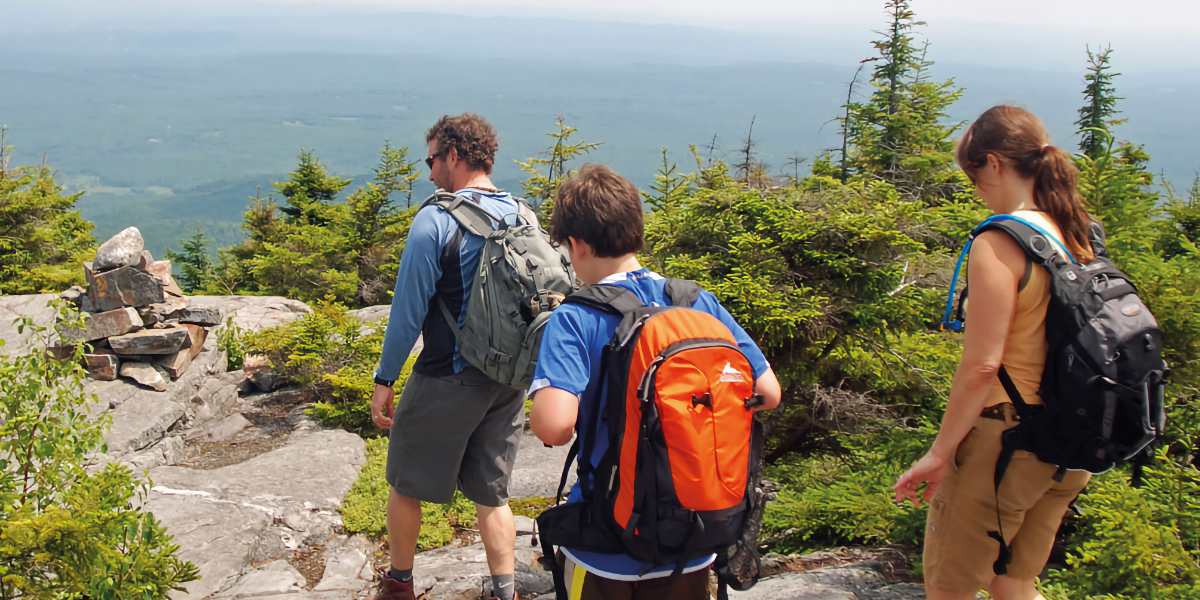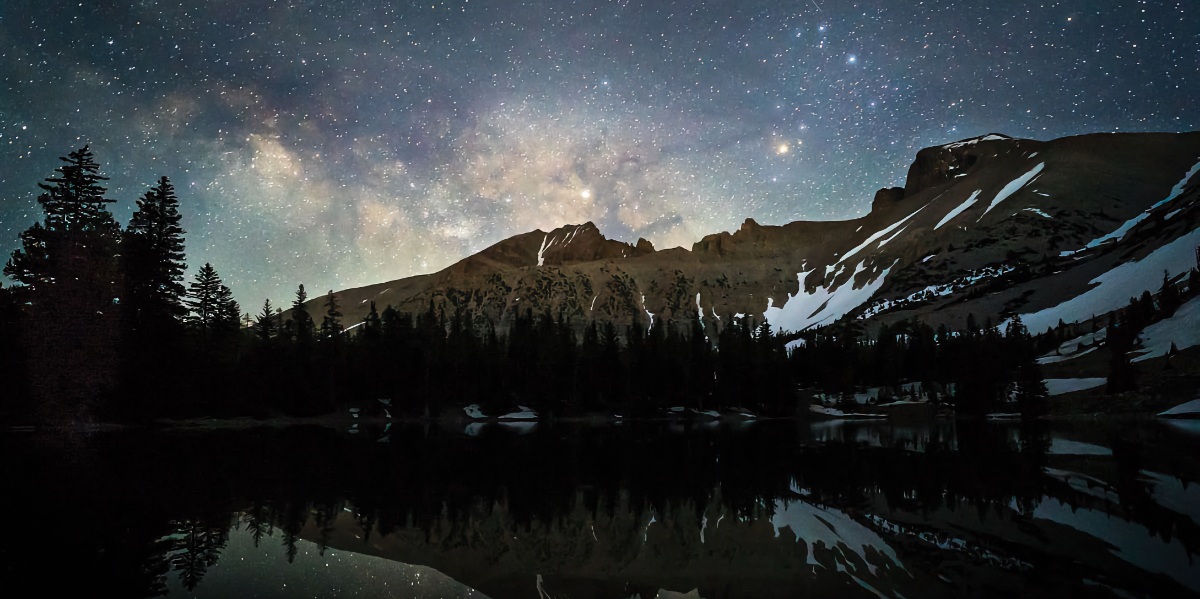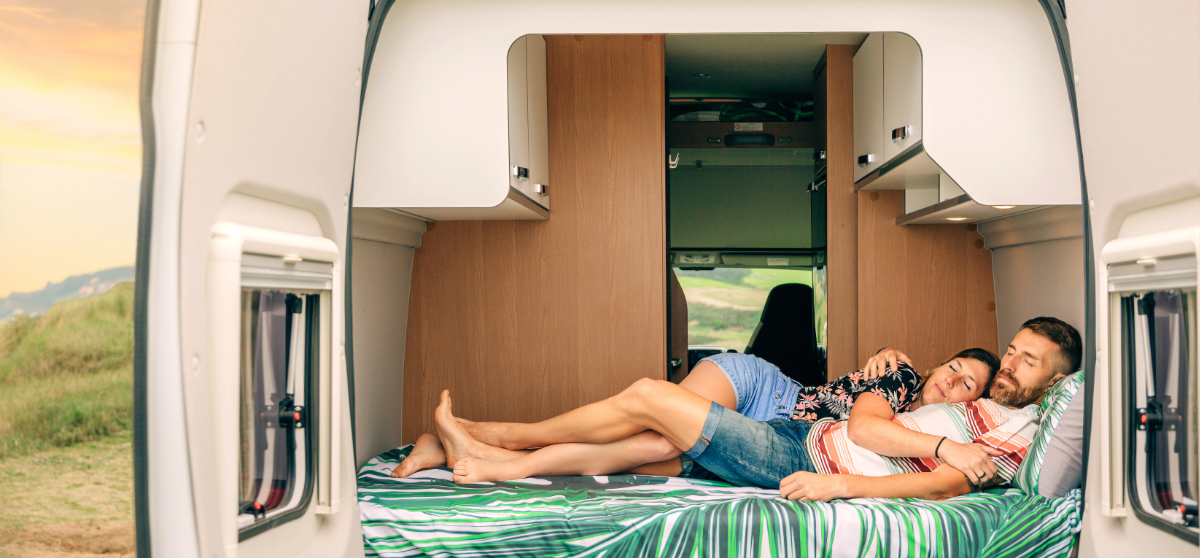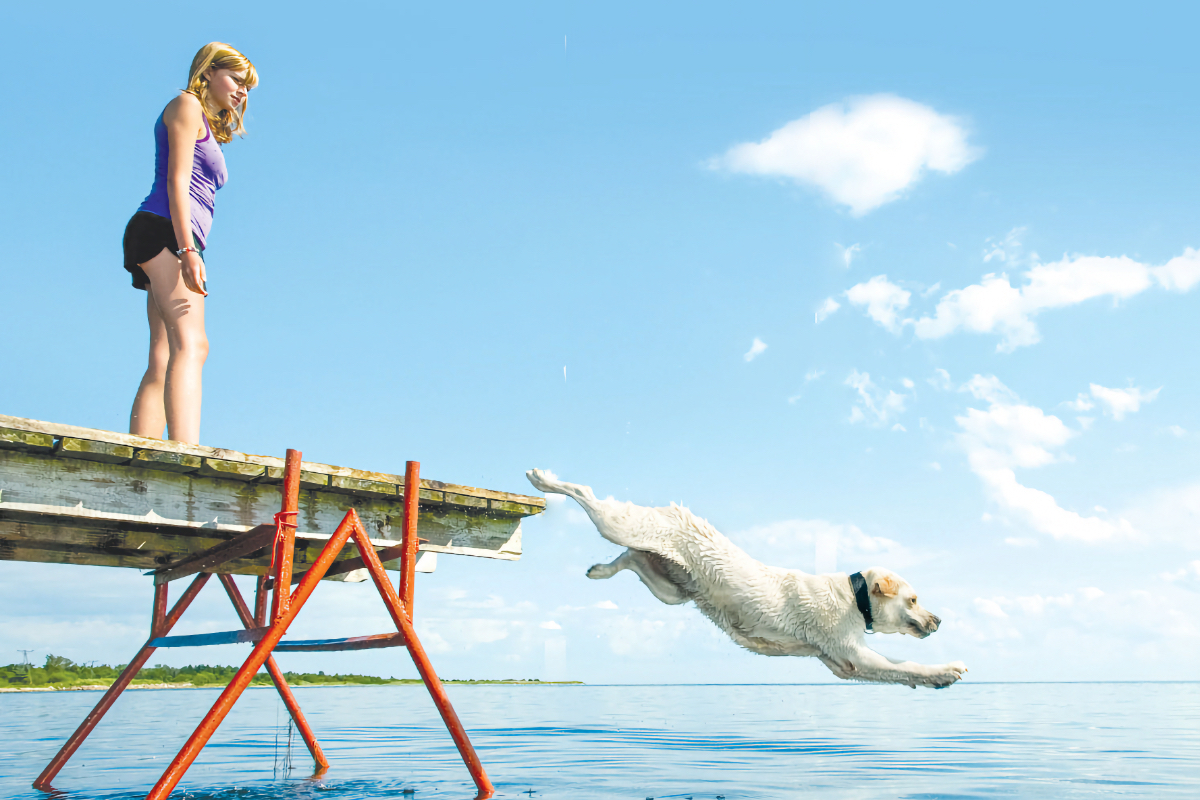How to Boondock Safely
Boondocking is great as long as you put safety first.
Image Caption: The Bureau of Land Management (BLM) offers developed campgrounds and dispersed camping, also called boon docking, which means no hookups are available. Most of the BLM public lands are open to dispersed camping unless otherwise posted.
One of the best parts of owning an RV is the ability to stay just about anywhere you want. You’re in a rolling house, after all. And while most may choose to use their campers in a state or national park, or in a special campground designed for RVers with loads of amenities, others choose another route.
Boondocking, which is also called “dry camping,” means camping in an RV with no hookups, relying strictly on the water you can haul in your tanks to get by. It allows you to camp in places that you may otherwise not get to see—and usually do so without the crowds. In many cases, boondocking provides a once-in-a-lifetime experience to wake up in the middle of nowhere, all from the comfort of your RV.
That said, boondocking also comes with plenty of challenges, and it’s not for the inexperienced. If you’re not prepared to go off-grid, you may quickly discover that supplies get short. And dry camping in the wilderness is a much different experience than camping in a park—even with quiet hours.
But none of this is to say that you shouldn’t try it out, especially if it calls to you. There are plenty of ways to boondock safely, as long as you keep a few things in mind.
Go Prepared
A big part of camping, in general, is being prepared. Resources usually aren’t readily available outside of a camp store, and you won’t find any of those nearby when you’re boondocking. So it’s even more important that you have all of the supplies you’re going to need with you.
Maintain a detailed checklist that outlines your entire list of resources you may need to go off-grid for a while. Make sure your water tanks are full, your black and grey water tanks are empty, gas and propane tanks are topped off, and batteries are fully charged. And of course, think of food, clothes, and anything else you may need as well.
Know Where You Are
Going off-grid is exciting. It’s the best way to disconnect. That said, you always want to be prepared for an emergency. You may not have cell phone service where you’re boondocking, so an emergency satellite phone is nice to keep handy in your rig.
Beyond that, have some idea of where you’re planning to camp. While most areas overseen by the Bureau of Land Management are fair game for boondockers, some are safer than others. Additionally, some of these lands do butt up against private land. Make sure you’re camping on public land, and never trespass onto someone’s personal property.
Finally, knowing where you are is a good step, but it’s also important to let someone else know where you plan to be. You never know when an emergency may pop up. And if you don’t show up at your next location on time, sharing your location with someone else could help save your life.
![]()
Prep Your Rig
You can technically boondock in just about any kind of camper. Certain campers, though, are better suited for it than others. And even further, you can outfit your rig to be even more prepared for dry camping.
Solar panels are a very popular aftermarket addition to RVs and allow you to generate at least a small amount of power to keep things comfortable without burning fuel reserves for your generator.
WiFI boosters and LTE data devices are also popular additions. And if you’re willing to sign up for multiple plans through multiple providers, the odds are that you can find service for WiFi no matter where you go.
Only Go Where Your Rig Can Go
When you’re boondocking, it’s tempting to take your rig to the farthest-reaching locations, where few others dare to travel, where the wilderness is rugged and the scenery is all but untouched. The only problem with this is that most RVs aren’t meant to do this. They’re not built to handle going off-road, and it can be particularly damaging to them to do so.
Take your rig where you can go easily, but don’t push it. There’s nothing worse than getting stranded in the middle of nowhere and, worse, doing costly damage to your home-on-wheels.
If extreme boondocking is something you’re interested in, there are several pull-behind trailers and pop-ups that are outfitted to handle more rugged terrain, with high clearances and sturdy tires.
Don’t Be Showy
This is not to say you shouldn’t trust others who are boondocking around you, but it’s a good idea not to be thoughtful about the gear you show off when you set up camp. While others in the RV community are usually good folks, there may be scavengers who enjoy stealing from camps in the dead of night. Bicycles, porch furniture, spare tires, and other expensive outdoor equipment could go missing without you ever being aware.
For the same reason, it’s a good idea to keep your windows covered when you’re camping in an area that you’re not familiar with. The less reason some bad egg has to break into your RV, the less likely it is to happen.
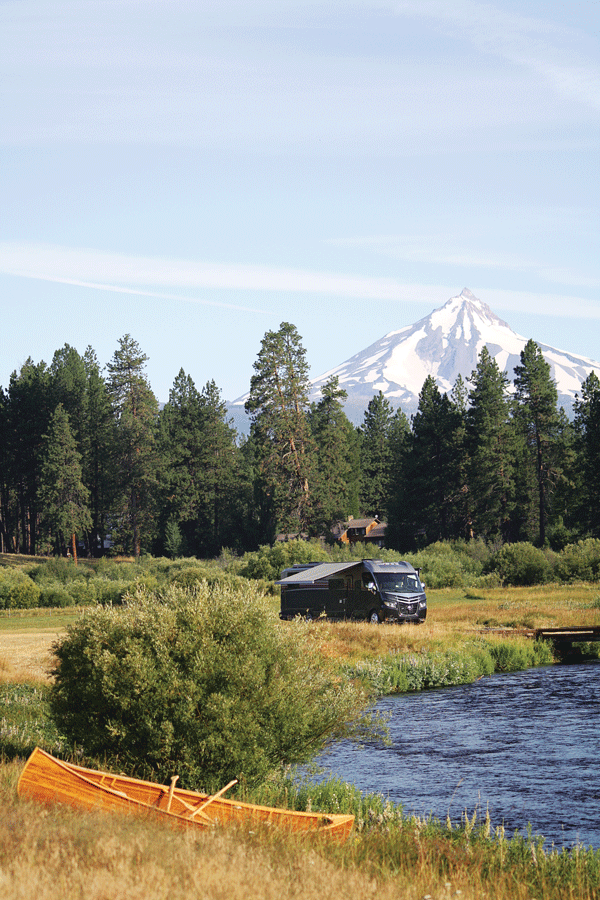
Be Ready to Leave
You never know when something unexpected might hit. A rainstorm that could leave you stranded, an area with excessively high winds, a pack of scavenging wild animals, or just a situation you simply don’t want to become involved in are all good reasons for deciding to pack up and beat it.
It’s a good idea to keep camp set up minimal for this reason. That way, you can quickly throw your gear together and take off. Keep the keys handy so you can fire up your vehicle and head out swiftly.
Protect Yourself
This article has been about protecting yourself, but it’s important to reinforce that boondocking is perfectly safe. More often than not, it’s the elements that you’ll need to protect yourself from, which is why you’re bringing your RV along in the first place.
One final word of advice, though, is to protect yourself. Be aware of your surroundings at all times. If something feels wrong, there’s a good chance it is, so you should trust your gut and move on. Speak with locals about places you intend to stay to make sure they’re safe and make friends with any boondocking neighbors—within reason.
Keep your doors locked at night, and lock up your tow vehicle as well.
Finally, it’s a great idea to have a can of bear spray or mace handy to fend off any unwanted visitors.

